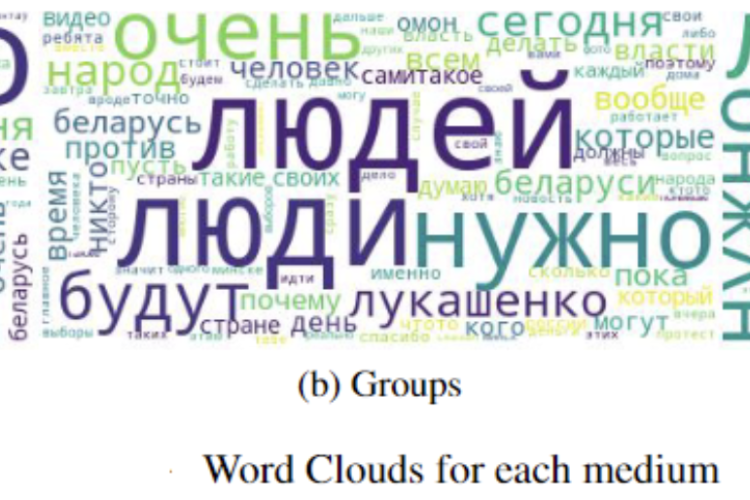Introduction
Proper risk stratification of patients with differentiated thyroid cancer (DTC) is essential to avoid both unnecessary diagnostic procedures in low-risk patients and clinical inertia in cases that may require more aggressive treatment (1).


